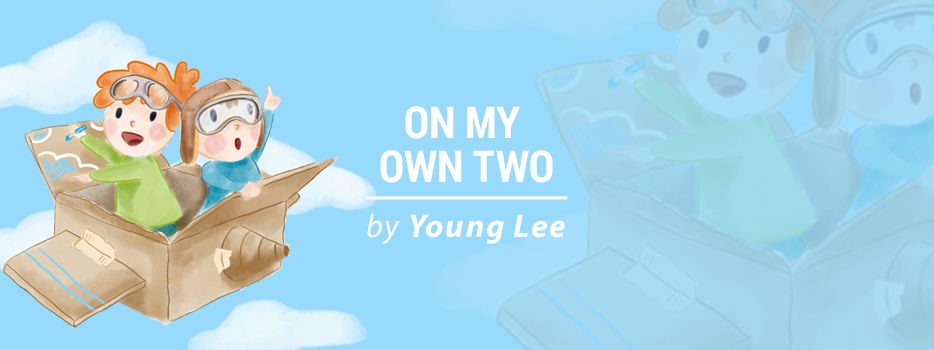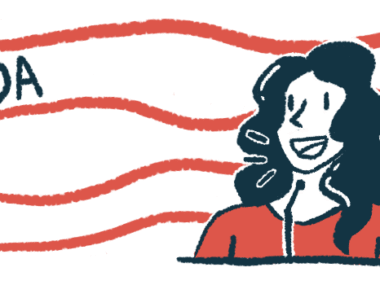Finding a Cure for CMT Won’t Stop Ableism
Written by |

Is it wrong for me to say that I find Charcot-Marie-Tooth disease (CMT) undesirable? Is it entirely due to internalized ableism when I say I wish I did not have CMT? When we talk about the problems associated with our society and its relationship with chronic conditions and disability, should the simple answer be a cure?
These questions and others have been on my mind recently — as has the entire discussion about the comparison of the social and medical models of disability. And while pondering this topic hasn’t changed my opinion, it has caused me to more deeply consider my outlook on society, my CMT, how I act, and the language I use.
For those unfamiliar with the two models of disability, they are two opposite approaches to disability. The medical model, as others have explained to me, assumes that disability and chronic conditions are inherently undesirable — not just to society but to the disabled person as well. And consequently, the solution to disability, given these assumptions, is to ultimately cure disabled people, heal those with chronic conditions, and rid society of what is undesirable.
The other model, referred to as the social model, was described to me as a perspective that allows room for those who see disability as a good and important thing in their life, an essential and fundamental aspect of their personality that does not need curing. After all, and especially if a disability or chronic condition doesn’t create meaningless pain or affect other aspects of wellness, for these folks, the biggest inconvenience is society’s unwelcoming attitude. Consequently, under this model, the solution is to first come to terms with society and ourselves by reckoning with our prejudices, promoting accessibility, and learning to better love our bodies.
For the past few months, I feel like I’ve had conflicted conversations with myself, going back and forth about how I feel about this topic and its varying perspectives.
For example, CMTers like to ask ourselves a common question. I know other disability and chronic condition communities have asked this question among themselves, too. It’s the question about a hypothetical magical pill that would eliminate any trace of disability from the body; a pill that would make people able-bodied and “normal.” As the thought experiment goes, if such a pill existed, would you take it?
I don’t necessarily think there’s any wrong answer to that question, just as there’s no right or wrong way to be a disabled person. But I have often believed I would prefer not to have CMT if it were ever an option. And often, I feel somewhat guilty about that answer, because I sometimes wonder if it makes me a bit weak.
Although CMT has helped and shaped me over the years, it’s hard for me to separate CMT from the frequent physical pain I experience — a pain that while bearable, is something I’d rather be without. From muscle spasms to foot cramps, I’d just rather leave such things behind me.
So, I think the effort to find a cure for CMT is incredibly important and good, for everyone. But I also think it’s important that when talking about cures for disabilities such as CMT, we make it clear that it’s not because we expect it will fix society’s ills, and it’s not because we assume everyone thinks CMT is inherently bad, but rather because it would give CMTers another way to manage CMT.
A cure won’t solve the problems of discrimination, prejudice, and ableism in society and in ourselves. There is no cure for these things, nor is there a medical solution or something that might come out of a lab to address these problems. It’s just going to take hard work, some awkward conversations, and raising awareness to make sure we are inclusive in our words and actions.
***
Note: Charcot-Marie-Tooth News is strictly a news and information website about the disease. It does not provide medical advice, diagnosis, or treatment. This content is not intended to be a substitute for professional medical advice, diagnosis, or treatment. Always seek the advice of your physician or other qualified health provider with any questions you may have regarding a medical condition. Never disregard professional medical advice or delay in seeking it because of something you have read on this website. The opinions expressed in this column are not those of Charcot-Marie-Tooth News or its parent company, Bionews, and are intended to spark discussion about issues pertaining to Charcot-Marie-Tooth.






Marian Stabley
My thought has always been you can pick your friends but not your family. I was truly blessed to be born in this family. My CMT came later in life because I chose to work thru some of my difficulties. I graduated to a cane & now a walker. My life has been full of love & adventure & I will not give in to this genetic issue. I will live to my fullest & respect every body change until I leave this earth
Kevin Donohue
This disease destroyed my life and has left me exhausted and in constant pain for 26 years. No-one understands that getting out of bed is like running a marathon - I am usually in tears just trying to get to the kitchen to make coffee in the morning - but people tell me I just need to change my attitude. Before my disease progressed, I was a dancer, a musician, an artist, a Harley rider, a professional with two graduate degrees - it is all gone. Long before COVID I was forced into an extremely isolated life, and romance seems to be an impossible dream. One of my doctors characterized CMT as a devastating disease but that few people will understand that because they haven't heard of it. I really do not see anything good about this.